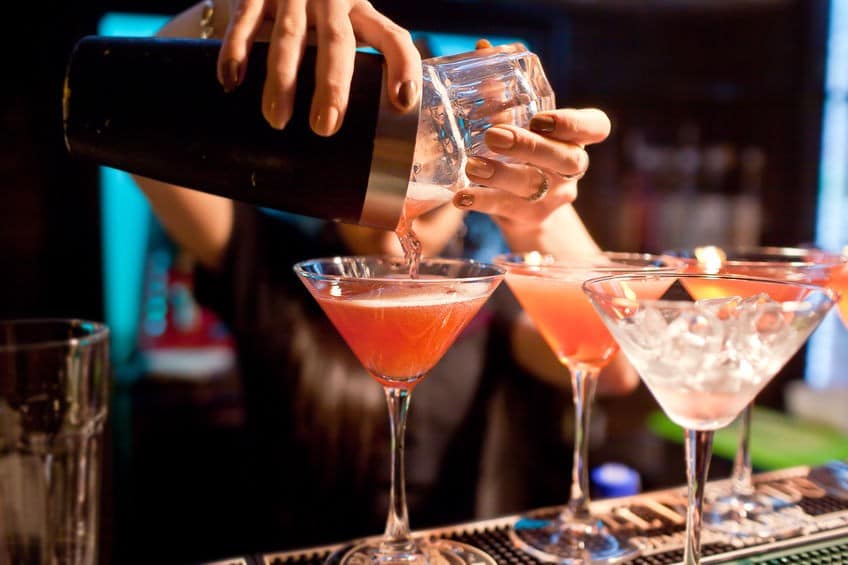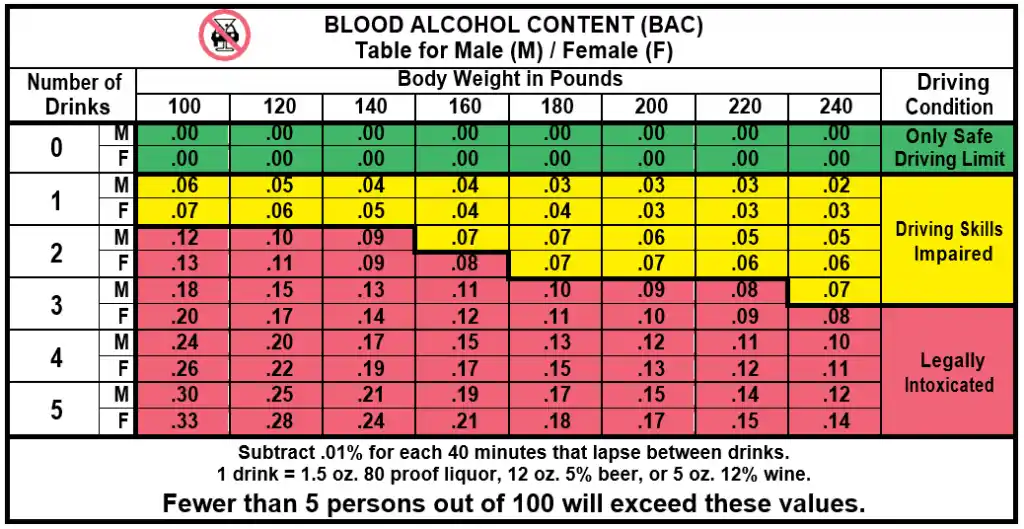
What is Oregon’s Good Faith Effort Law?
Many areas take the safety responsibilities of alcohol servers seriously, and for good reason.
But what can a server do when a patron has the potential to harm him or herself and others due to intoxication? Is that server and his employer then liable for damages?
That’s part of why Oregon’s Good Faith Effort Law exists. Let’s dive into what this law is and how it affects those working with alcohol.
What is the Good Faith Effort Law?
Oregon statutes describe the Good Faith Effort Law as follows: “A licensee or permittee is not in violation of subsection (1) of this section if the licensee or permittee makes a good faith effort to remove any unconsumed alcoholic beverages from the person’s possession when the licensee or permittee observes that the person is visibly intoxicated.”
This passage is in direct relation to the former passage which describes the licensee’s responsibility to prevent a person from consuming more alcoholic beverages when they observe that the patron is already visibly intoxicated.
This means that the bartender or server must make a responsible effort to avoid over serving drinks to patrons. It is their duty to watch for signs of intoxication and cut individuals off who have had more than their share. If an additional drink has already been poured, the server must instruct the patron that they are legally required to take away the drink and make an effort to do so.
This is done within reason to promote the safety of both parties. If a patron becomes belligerent or aggressive, the server can continue to act in good faith by notifying management, contacting the police, or arranging safe means of transportation so that they may be removed from the premises safely.
Why is the Good Faith Effort Law Important?
The Good Faith Effort Law exists to encourage servers to promote the wellbeing and safety of their customers. It simultaneously serves to protect servers and their employers from being liable for reckless behavior or damages caused by intoxicated individuals. In essence, this legal protection only exists if the server makes an effort to do their job correctly.
In the same vein, those who suffer damages while intoxicated may only hold servers responsible if they do not perform their duties in good faith.
Safe practices regarding the consumption of alcohol ultimately falls on both parties, but servers have the opportunity to play a greater role. Because of their sobriety and ability to control the flow of drinks, the legal responsibility is on them to make sure others are not a safety hazard to themselves or others. This legal precedent makes sure that the responsibility only falls on their shoulders within reasonable circumstances.
Learn Oregon’s Laws and Obtain Your Permit with A Plus Server Education
The state of Oregon requires Alcohol Server Training to mix, sell, and serve alcoholic beverages. Our self paced training course will teach you laws, regulations, and safe practices to promote a healthy drinking environment while on duty.
Serving alcohol safely is a tremendous responsibility, but the law is on your side when you act in good faith.
For more questions and concerns regarding alcohol server licensing and education, contact us today by phone at (503) 740-5509!



